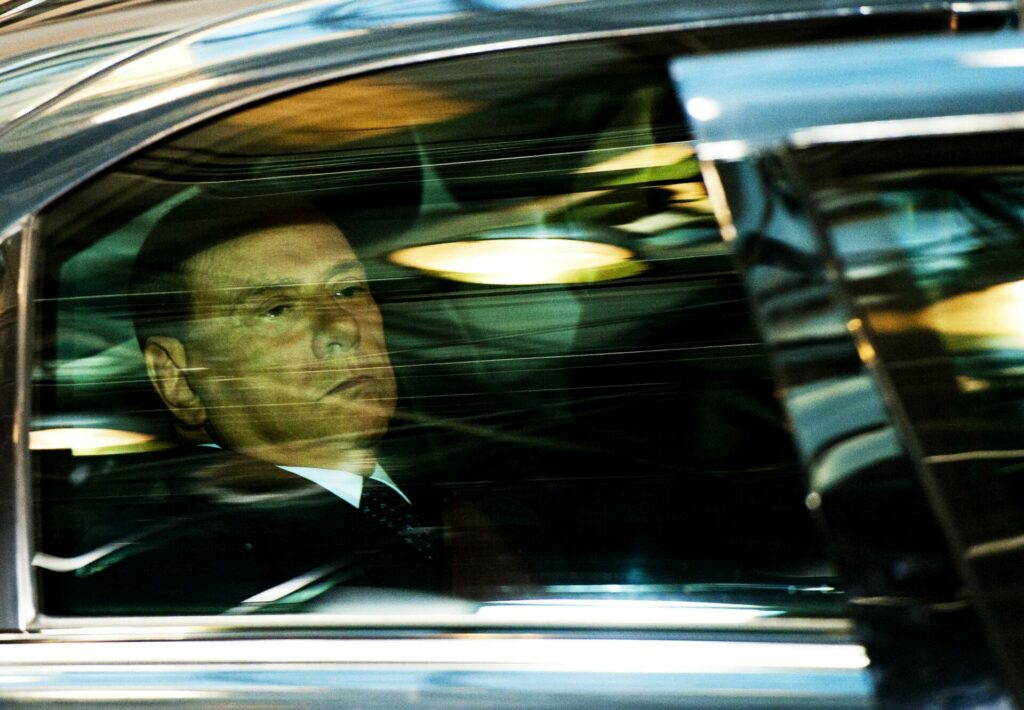Italian President Sergio Mattarella announced the dissolution of the Senate and the Chamber of Deputies on Thursday, which automatically triggers early elections this autumn.
The legislative elections to renew the Senate and the Chamber of Deputies will take place on 25 September, confirmed Mario Draghi to the Council of Ministers after his resignation as Italy's Prime Minister, on Thursday evening, report Italian media.
Fratelli d'Italia, a neofascist party led by Giorgia Meloni, is in the lead in voter intentions, with nearly 24%. Behind them, there is the Partito Democratico (PD) with 22%, and the far-right Lega (14%), according to a poll by the SWG institute carried out on 18 July. Right-wing party Forza Italia is polling at 7.4%, while the 5 Star Movement (M5S) is on 11.2%.
On the centre-left, there are discussions on whether the PD will join forces with M5s in a centre-left coalition. PD leader Enrico Letta has publicly said that "it is very difficult to imagine that the roads of PD and M5S coincide again after a choice like yesterday’s, which for me, is deeply wrong."
The favourite in the upcoming election, however, is the so-called "centre-right" coalition, made up of one moderate conservative party – Silvio Berlusconi's Forza Italia – and two far-right parties represented by Matteo Salvini's Lega and Giorgia Meloni's Fratelli d'Italia.
Far-right, M5S and Berlusconi bring down Draghi
All three leaders of the so-called "centre-right" coalition have all spoken favourably of Russian President Vladimir Putin, with far-right Salvini and Meloni also working against the interests of the European Union as outspoken eurosceptics.
The M5S, who initiated the crisis by abstaining on a key government vote for a support package for families and businesses, have also been criticised for their longstanding pro-Kremlin policy. For years, they called for a rapprochement with Moscow, but like the far-right parties, have since February attempted to make a u-turn after Russia's invasion of Ukraine.
Draghi's government received its final coup de grâce after coalition partners Silvio Berlusconi and Matteo Salvini collaborated to put forward conditions on a possible second Draghi government, notably by excluding the presence of certain ministers as well as the M5S.
Related News
- Italy's PM Draghi announces resignation for second time in a week
- Italy's PM Mario Draghi announces resignation
These conditions were "impossible to accept" for Draghi, as he had vowed not to govern without the M5S, who, although having sunk in the polls since then, won the biggest mandate in the 2018 elections.
This led to the coalition partners, Salvini and Berlusconi, strategising to bring down the Prime Minister and force early elections. According to Italian media, this move was pushed by Salvini but not opposed by Berlusconi.
"Draghi had had enough, we are not to blame. The electorate will choose who the leader of the centre-right coalition is," responded Berlusconi to critics, who accused him, Salvini and the M5S of bringing back political instability to the Italian peninsula.
Mattarella dissolves parliament
Until further notice, the resigned government led by Draghi remains in place to deal with current affairs, President Mattarella announced on Thursday.
"The political situation has led to this decision," he said in a televised address, referring to Draghi's resignation after three major parties in his coalition defected on Thursday in a vote of confidence in the Senate.
"The discussion, the vote and the manner in which this vote was expressed yesterday in the Senate" demonstrated the absence of "parliamentary support for the government and the absence of prospects for giving rise to a new majority," Mattarella explained.

